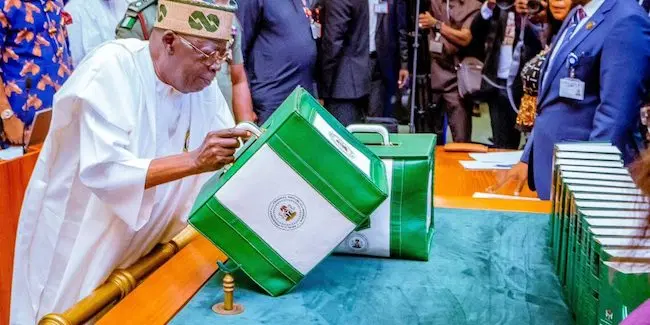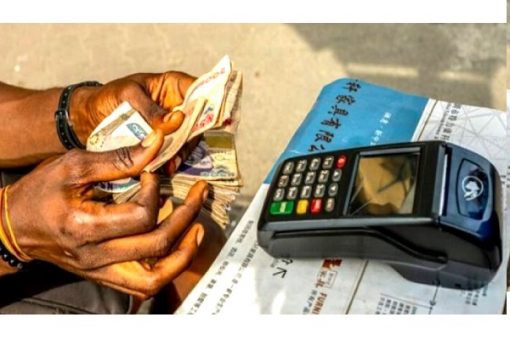A new report has revealed that Nigeria’s 2025 education budget leaves a gaping hole in teachers’ welfare, warning of severe consequences for the quality of education and national development.
The Federal Government allocated ₦3.5 trillion—just 7% of the ₦54.99 trillion national budget—to education this year. Out of this, ₦1.64 trillion was set aside for personnel costs, including teachers’ salaries. However, the actual amount required to pay teachers nationwide is ₦1.93 trillion, creating a shortfall of about ₦290 billion.
The report, titled “The Hole in Nigeria’s Education Budget” by UK-based research group Column, described the allocation as “grossly insufficient” compared to international standards.
Nigeria currently has over 32 million students in public and private institutions, yet only about 2.3 million teachers (as at 2024), with shortages particularly acute in rural areas and critical subjects. With the national minimum wage now at ₦70,000, the funding gap makes it difficult to attract, pay, and retain qualified educators.
“This underfunding hinders teacher remuneration, infrastructure development, and access to resources,” the report stated. “Underpaid teachers are less motivated and ill-equipped to provide the quality education Nigeria’s growing population demands.”
The problem is not new. In 2024, ₦1.59 trillion was allocated to education, of which ₦1.04 trillion went to teacher salaries—still short of the required figure.
Experts warn the consequences extend far beyond classrooms. With literacy rates in Nigeria hovering between 69% and 77%, compared to Ghana’s 80%, the gap threatens democratic participation, civic engagement, and even national security.
“A poorly educated population is more vulnerable to political manipulation, extremism, and radicalization,” the report cautioned. “An illiterate youth is the perfect suicide bomber.”
Column urged the Federal Government to urgently close the funding gap by increasing allocations, recovering misappropriated funds, and prioritizing teacher welfare as a cornerstone of national development.
“The future of Nigeria depends on the strength of its teachers,” it concluded.




